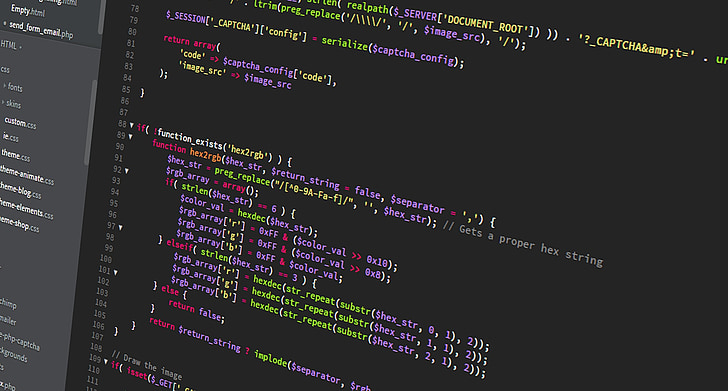
Amazon Web Services (AWS) has introduced Kiro, a new tool designed to formalize “vibe coding”—the process of generating custom code by interacting with an AI chatbot.
Tackling the Challenges of Vibe Coding
Traditional vibe coding involves iterative prompts to an AI until the developer is satisfied with the output. However, this method is often unstructured and can be inefficient. A recent study found that vibe coding increased task completion time for experienced software engineers by 19%.
Kiro aims to bring professionalism and structure by beginning with project planning. Developers enter detailed specifications for each project component, and Kiro helps generate code that meets those precise requirements.
The creators of Kiro, Nikhil Swaminathan and Deepak Singh from AWS, describe the experience as more than just “prompt, prompt, prompt” magic. Kiro generates a technical design document from your specifications and codebase, ensuring all decisions and assumptions are clearly documented.
While coding, an AI agent acts like an “experienced developer,” catching mistakes and handling routine tasks. After completion, Kiro runs quality checks to maintain code integrity.
Powered by Anthropic’s Claude Models and Flexible Pricing
Kiro runs primarily on Anthropic’s code-focused Claude Sonnet 4, with Claude Sonnet 3.7 as a fallback. AWS plans to add support for more AI models soon.
Currently in preview, Kiro is free to use. Pricing plans will eventually include Free, Kiro Pro ($19/month), and Kiro Pro+ ($39/month). It will also be free for those with a Developer Pro subscription on Amazon Q, AWS’s AI coding assistant.
Unlike many AWS services, Kiro is marketed as a standalone product, with minimal AWS branding. The tool has been under development since at least May and may be positioned either as part of AWS or as an independent offering.
Kiro will compete with AI coding tools such as Cursor, Windsurf (recently linked to Google via CEO acquisition), Microsoft GitHub’s agent mode, and Google Gemini Code Assist.
What The Author Thinks
AI-assisted coding has immense potential, but without structure and transparency, developers risk inefficiency and unclear codebases. Kiro’s approach to integrating project planning, documentation, and an AI collaborator could raise the bar for productivity and code quality. However, success will depend on how intuitively these features mesh with existing developer workflows.
Featured image credit: PickPik
For more stories like it, click the +Follow button at the top of this page to follow us.
